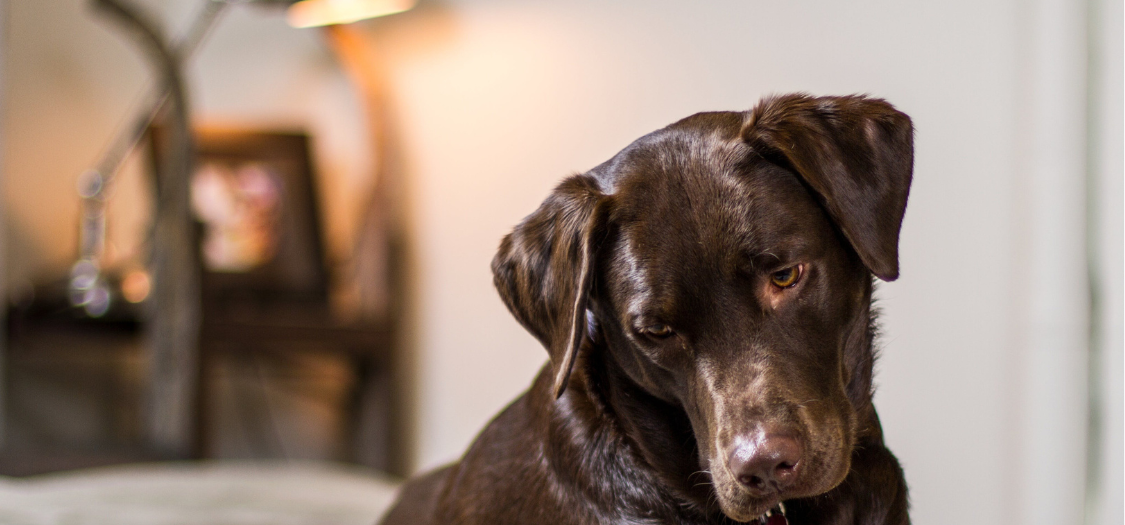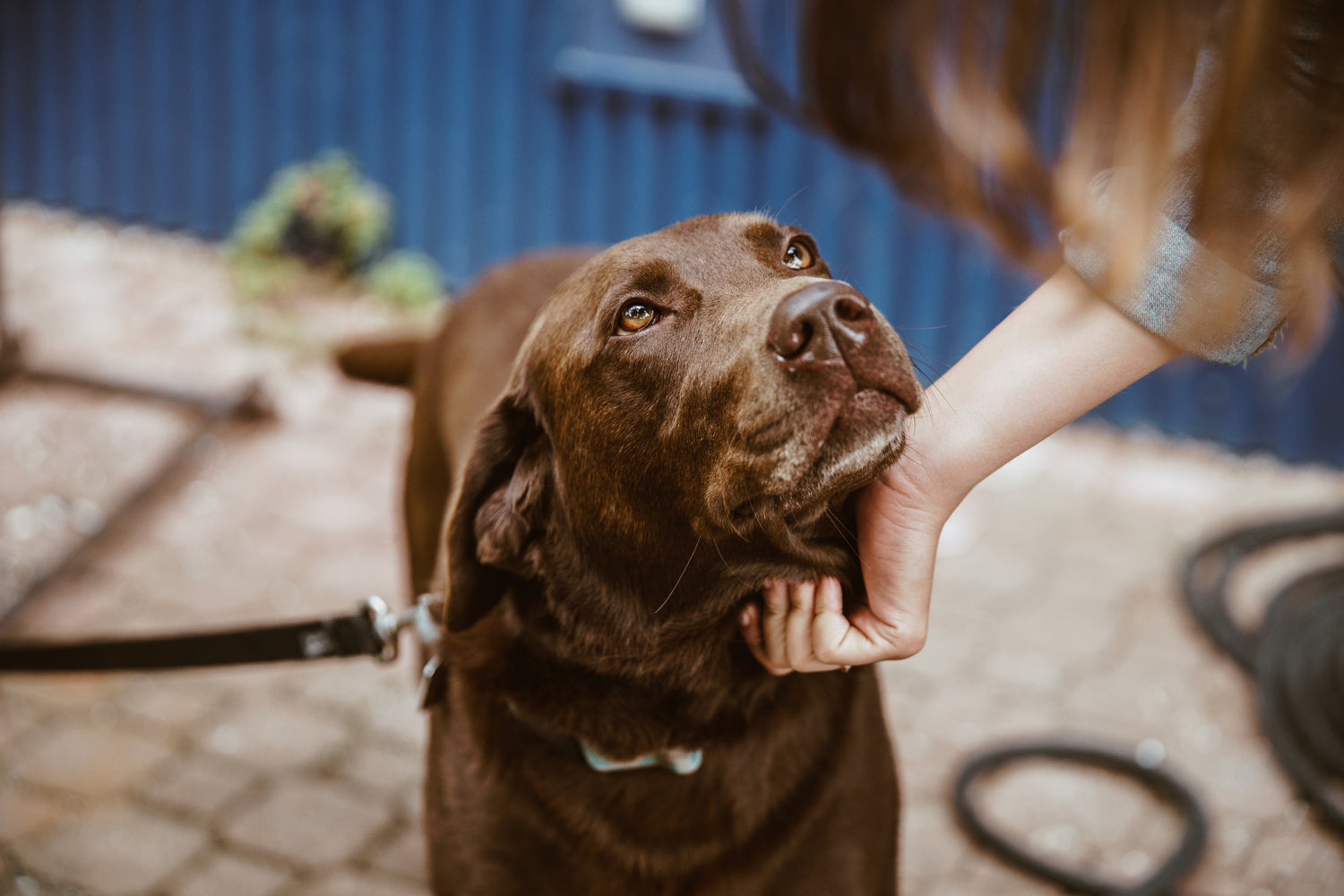My Dog Has Arthritis In His Hock.
What Should I Do?

It's important to know the difference between a sprained hock, ruptured / torn hock, and collapsed hock. This will help you understand if your dog has a ruptured or collapsed hock.
Sprained hock
Your dog will most likely show a gentle limp and tenderness around the hock joint. Dogs can sprain or strain the ligaments, tendons, and muscles around the hock joint due to sudden twisting, jumping or landing awkwardly. Read more here https://zoomadog.co.uk/collections/dog-hock-injuries
Ruptured / torn hock
Your dog will probably be unable to weight-bear and find it very difficult to walk. The leg might be floppy. Ruptured or torn hock injuries tend to occur in younger and more active dogs, although it can affect a dog at any age. It's always important to seek a diagnosis from your vet if you suspect your dog has a hock joint injury. Once you know the cause for your dog’s hock injury, you will then be able to explore the different treatment options and decide on the most appropriate. Read more here https://zoomadog.co.uk/collections/dog-hock-injuries
Collapsed hock
Your dogs back leg will likely be completely touching the floor. This is because of an Achilles Tendon rupture and it can be very distressing to watch. Achilles Tendon injuries occur in your dog’s back legs and can make your dog limp, unable to weight-bear or completely change the angle of your dog’s back leg, often called a ‘dropped’ hock. A 'dropped' hock indicates a complete Achilles Tendon rupture, and causes a dog to walk flat-footed. When this happens, it's important that you give your dog as much support as possible. Read more here https://zoomadog.co.uk/collections/dog-achilles-tendon-injury
Treatments for a Ruptured / Torn Hock
A supportive brace both pre and post-surgery, can make a big difference to recovery. Find the Best Dog Hock Braces & Hock Supports https://zoomadog.co.uk/collections/dog-hock-braces-for-your-dog
Read more about Hock Injury Causes, Prevention and How to Help https://zoomadog.co.uk/collections/dog-hock-injuries

We can help find the right solution for your dog
Feel free to give us a call on 01730 622544
or email us at woof@zoomadog.co.uk
Leave a comment